
Transatlantic Cooperation in the Next U.S. Administration
The next U.S. president will be confronted with a plethora of global challenges: war in Europe, a disordered trading system, growing geopolitical competition and a more assertive China, disruptive new …

Transatlantic Export Control Cooperation beyond 2024
A new U.S. administration and Congress are imminent. With them, the Biden administration’s diplomatic efforts to construct a new allied export control agenda are on the line. Three scenarios highlight …
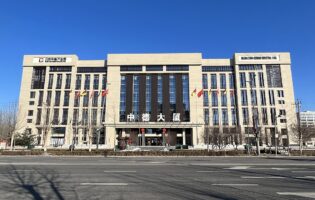
Robert Habeck in China
Germany’s Continuing China Policy Inertia When German Vice Chancellor and Economics Minister Robert Habeck called for a unified European strategy to stand up against competition with China at the end …

A Zeitenwende for Science and Technology Research?
In March 2024, the German Federal Ministry of Education and Research published its “Position Paper on Research Security in Light of Zeitenwende.” The document asserts that Germany’s approach to science …

Small Carrots, Hypothetical Sticks, and Phantom Hopes
Scholz’s Visit to China Showcases Parallel Practice to Germany’s China Strategy Nine months after the release of Germany’s first China Strategy, Chancellor Olaf Scholz returned to China at the head …
The Global Race to Regulate AI Is Just Beginning
On February 2, ambassadors from all 27 EU member states approved the final text of the bloc’s landmark AI Act, advancing the world’s first comprehensive AI regulation further toward implementation. …
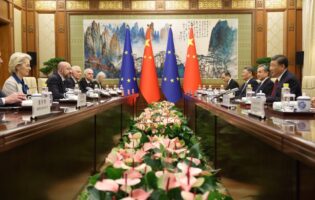
China Is Listening
But It Won’t Be Business as Usual When European Commission President Ursula von der Leyen and President of the European Council Charles Michel departed China after last week’s EU-China Summit, …
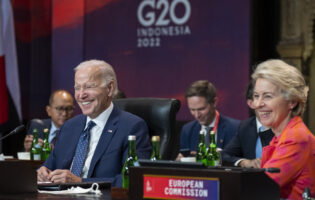
A Transatlantic Geoeconomic Alliance against China?
The EU’s impending announcement of an anti-subsidy investigation into Chinese steelmakers at the October EU-U.S. summit is among the latest evidence of the expanding fissure in the global economy along …
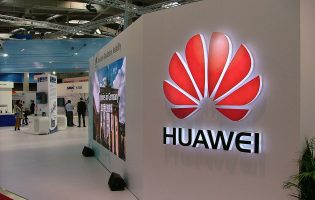
A Transatlantic Approach to Global Technology Standards Competition with China?
Technology Standards as a New Frontier Concerns over China’s growing capabilities in new and emerging technologies are intensifying global competition with traditional technology heavyweights like the United States. American policymakers …

Scholz Goes to China
Much ink has already been spilled over German Chancellor Olaf Scholz’s upcoming visit to China. A chorus of skeptics and critics in Germany, around Europe, and across the Atlantic have …
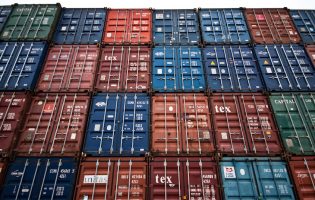
Despite Challenges, the U.S. And EU Can Save the Rules-Based Economic Order and Redefine Globalization
First there was a trickle. After years of sounding the alarm about China’s use of forced labor, economic coercion, and unfair trade practices, the U.S. government has made steady but …

Germany’s China Policy Moves Past Merkel
As Germany’s Merkel era ended, her brand of engagement-driven China policy seems also to have been consigned to history. The writing was already on the wall after the China-EU Comprehensive …





